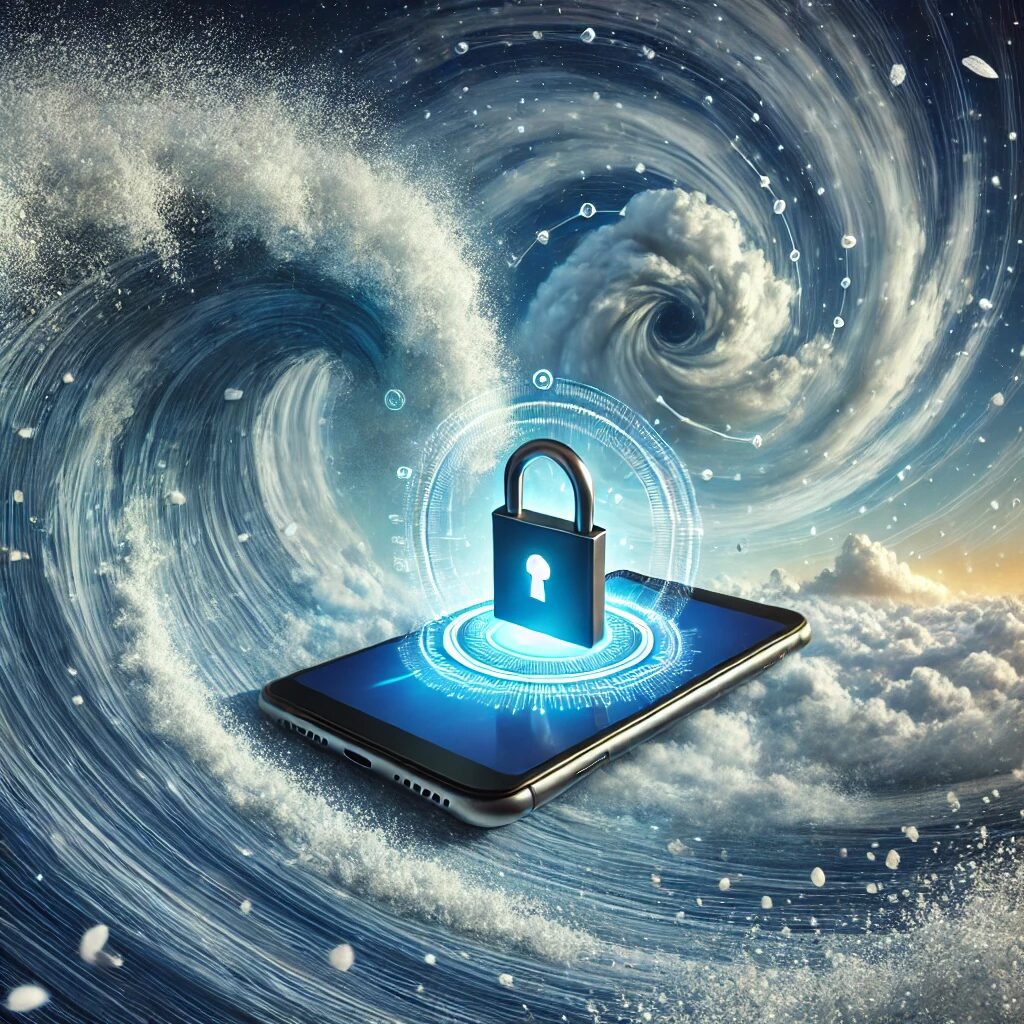Recent revelations about the massive “Salt Typhoon” cyberattack, allegedly orchestrated by China, underscore the growing importance of securing our digital communications. According to reports from NBC News and The Wall Street Journal, the breach targeted customers of major U.S. telecommunications providers, including Verizon, AT&T, and Lumen Technologies. The scope of the attack is so vast that officials have not yet determined when the threat will be fully neutralized.
In response, the FBI and the Cybersecurity and Infrastructure Security Agency (CISA) have urged individuals and organizations to adopt encryption apps for calls and texts, emphasizing that “encryption is your friend.” (Apple News)
What Happened in the Salt Typhoon Attack?
The “Salt Typhoon” cyberattack, as Microsoft has nicknamed it, represents one of the largest data breaches in U.S. history. China’s state-sponsored hackers reportedly exploited vulnerabilities to access sensitive data from millions of users. The incident serves as a stark reminder of the evolving sophistication of cyber threats, particularly those backed by nation-states.
While the full details remain classified, the breach highlights how telecommunications infrastructure—the backbone of modern communication—can become a lucrative target for cyber espionage and data theft. (Microsoft Security)
What is End-to-End Encryption (E2EE)?
End-to-end encryption (E2EE) is a security method that ensures only the communicating users can read the messages. The data is encrypted on the sender’s device and only decrypted on the recipient’s device, making it nearly impossible for hackers, service providers, or even governments to intercept and read the content.
Popular apps like Signal, WhatsApp, and iMessage use E2EE to protect calls and texts. These platforms ensure that even if the communication is intercepted, the encrypted data remains inaccessible without the appropriate decryption keys. (Signal)
Why Encryption is Essential
- Protection from Cyber Threats: Encryption minimizes the risk of data breaches by making stolen data unusable to unauthorized parties.
- Privacy Assurance: With encryption, your personal messages, calls, and sensitive information remain confidential, even if intercepted.
- Nation-State Threats: State-sponsored attacks like “Salt Typhoon” often exploit unencrypted or poorly encrypted communications. Adopting strong encryption methods makes such attacks significantly harder to execute.
Balancing Privacy and Security
While encryption ensures robust privacy for users, it has sparked debates about its potential to hinder law enforcement investigations. Critics argue that encrypted communication platforms could shield criminal activities, but the FBI’s endorsement of encryption highlights its critical role in protecting against threats from nation-states and malicious actors.
As users, we must recognize that encryption is a tool, not a guarantee. It should complement broader cybersecurity practices rather than serve as a standalone solution. (CISA)
Practical Steps to Enhance Your Digital Security
The FBI and CISA’s call to action includes practical measures that individuals and organizations can implement today:
- Switch to Encryption Apps: Use apps like Signal or WhatsApp for calls and messages. These platforms prioritize user privacy with default E2EE. (WhatsApp)
- Encrypt Emails and Cloud Storage: Tools like ProtonMail and Tresorit provide encrypted alternatives to traditional email and cloud services. (ProtonMail)
- Update Devices and Software: Regular updates ensure vulnerabilities are patched, reducing the risk of exploitation. (US-CERT)
- Adopt Multi-Factor Authentication (MFA): Adding an extra layer of security to your accounts can prevent unauthorized access. (NIST)
My Perspective as a Cybersecurity Professional
As someone deeply involved in cybersecurity, I see encryption as an essential pillar in a comprehensive security strategy. The “Salt Typhoon” attack underscores the importance of taking proactive measures to protect sensitive data. While encryption apps like Signal and WhatsApp offer an excellent starting point, they should be part of a broader effort that includes strong passwords, regular software updates, and user education.
For businesses, the stakes are even higher. Protecting customer data, securing communications, and mitigating risks from sophisticated attackers require a multi-layered approach. Encryption plays a vital role in reducing vulnerabilities but must be complemented by network monitoring, threat detection, and incident response plans.
Closing Thoughts
The “Salt Typhoon” cyberattack is a wake-up call for all of us. It’s a reminder that our digital lives are increasingly interconnected and vulnerable to sophisticated threats. By adopting encryption and prioritizing digital security, we can make it significantly harder for attackers to access our personal and professional data.
Encryption is not just a tool for cybersecurity professionals; it’s a resource for everyone. As the FBI said, “Encryption is your friend.” Let’s make it a standard part of our digital practices.
What about you?
What are your thoughts on encryption and the FBI’s recommendation? Have you already started using encryption apps, or is this news inspiring you to make a change? Share your insights and let’s continue the conversation about protecting our digital lives.

Leave a Reply